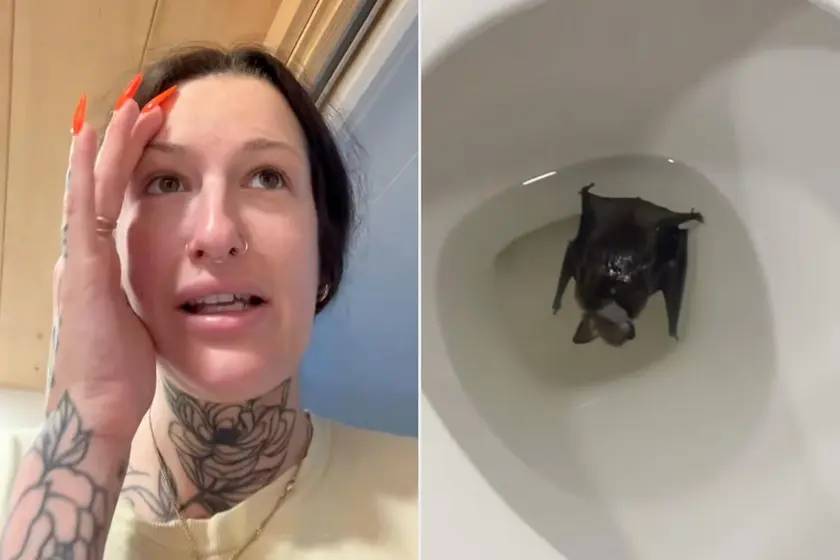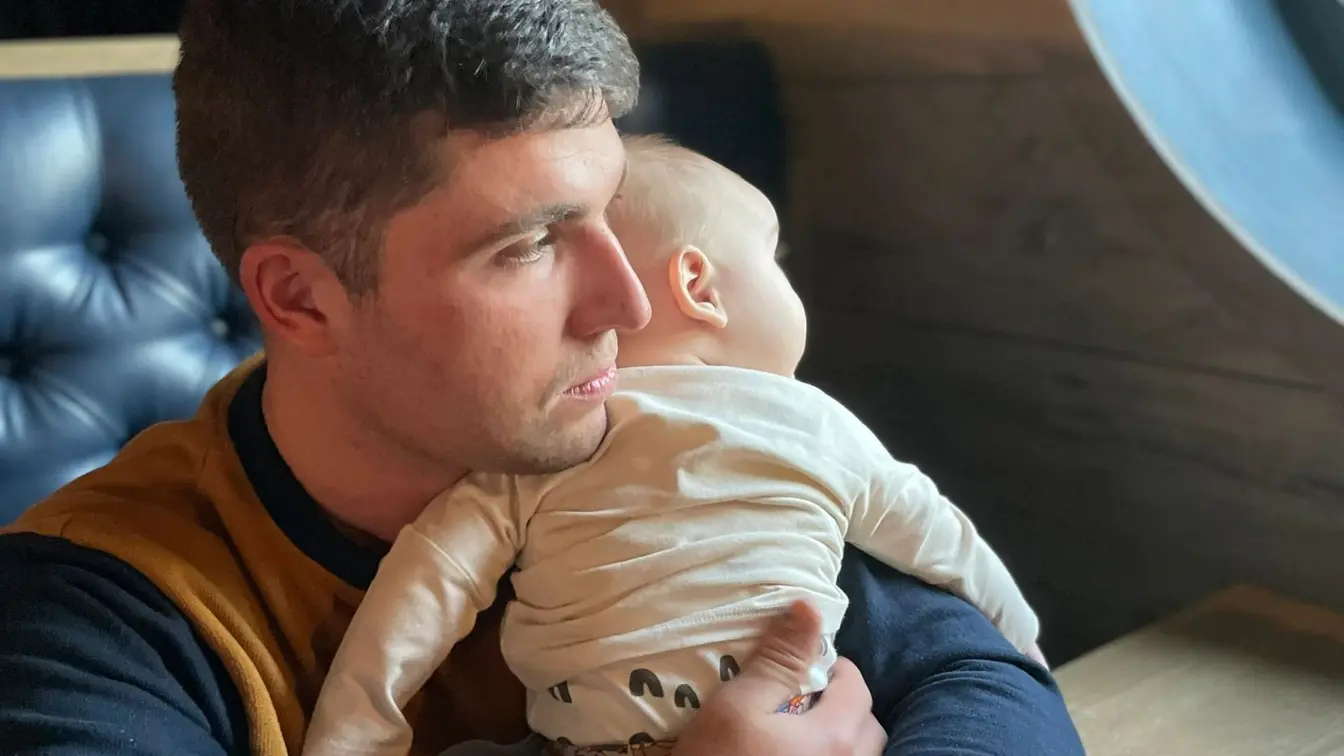T4K3.news
Rabies exposure prompts urgent ER visit
A viral TikTok moment prompts an autistic patient to seek rabies precautions after finding a dead bat in a toilet.

A viral TikTok moment highlights autism accommodations in health care.
Autistic woman receives thoughtful ER care after finding dead bat in toilet
Alison Doyle was doing laundry when she found a dead baby bat in her downstairs toilet. She filmed the moment for TikTok, and viewers urged her to seek rabies treatment. Paramedics advised heading to the emergency room as a precaution, noting that the rabies risk is low but the outcome is severe if untreated. Doyle says the sensory stress of a crowded ER adds to the challenge for her as an autistic person.
At the hospital she received post exposure prophylaxis and was placed in a private family room to reduce noise and exposure to crowds. In Canada, a paramedic can visit a patient at home, a service Doyle calls a major help for her needs. She recalls small acts of care, such as a gluten-free banana popsicle, that made the visit easier. The online reaction mixes concern with support, turning a personal health moment into a broader talk about inclusion and access.
Key Takeaways
"Autism is a spectrum"
Doyle articulating autistic identity
"Advocating for myself ended up being the best possible thing I could have done"
Doyle on self advocacy
"If there is a deceased bat in your household it got in there because it was alive"
Observation about the bat incident
"Lower support needs does not mean no support needs"
Doyle on care needs
Online audiences can shape health decisions when a patient speaks about a disability. The clip shows that care can be tailored to the person, not the other way around. It also exposes gaps in autistic representation that call for more diverse voices, especially from Black, brown and Indigenous communities. The piece hints at policy questions about how to fund and scale home based care and how to train staff to recognize autism in busy ERs. Simple acts of kindness matter, and care is more than medicine.
Highlights
- Autism is a spectrum
- Advocating for myself ended up being the best possible thing I could have done
- If there is a deceased bat in your household it got in there because it was alive
- Lower support needs does not mean no support needs
Autism care accessibility prompts policy considerations
The story shows how viral health moments can push for better accommodations for autistic patients and clearer rabies risk messaging. It also highlights potential public reaction and the need for sensitive care in emergency settings.
Care should adapt to the person, not the other way around.
Enjoyed this? Let your friends know!
Related News

Bite turns into medical debt

Rabies risk prompts nationwide warnings

Kitten bite highlights travel rabies care gaps

Bats Discovered in Tulum Cenote

Travel warning for Turkey issued by Foreign Office

Neurologist shares severe risks of cat scratches

Nail changes and health

Tragic death prompts urgent care review
